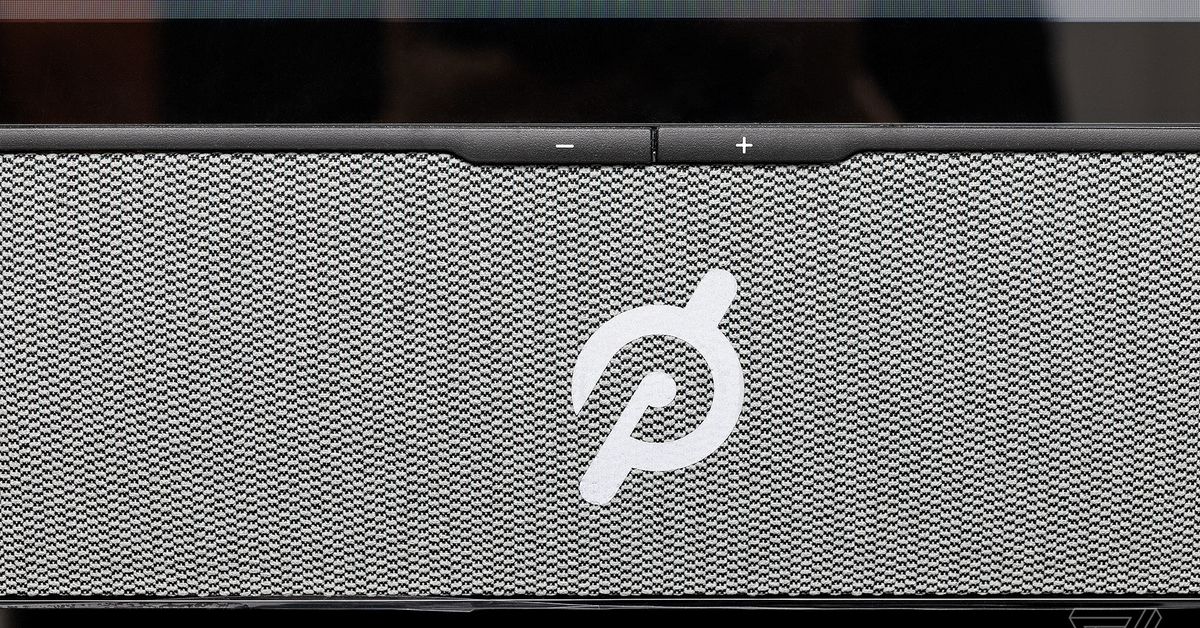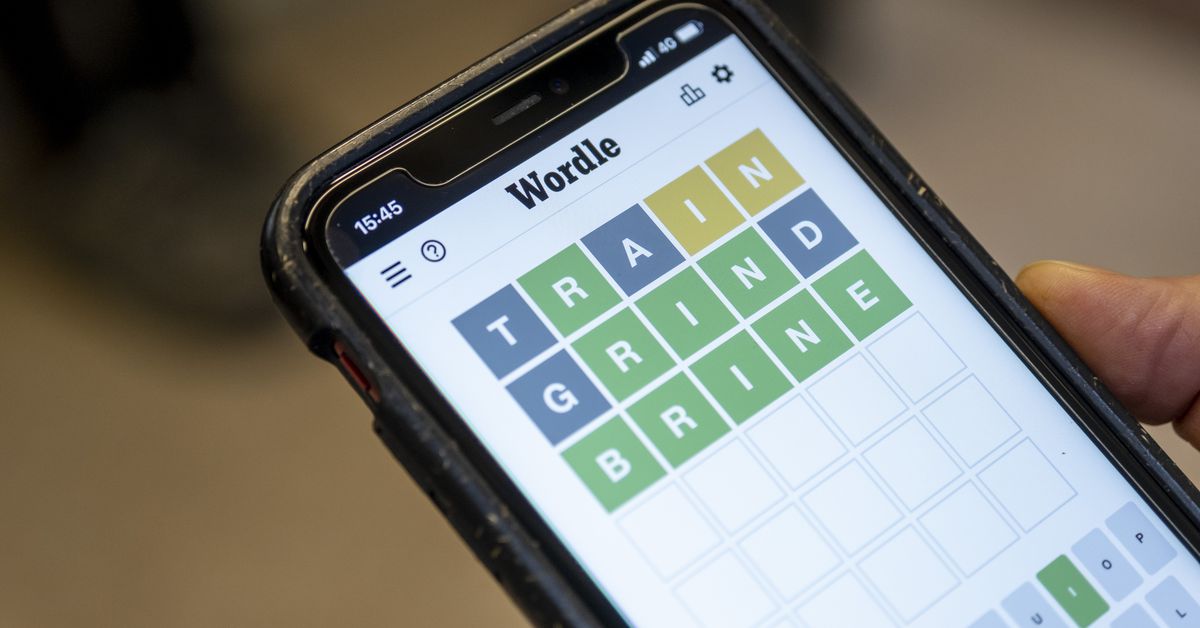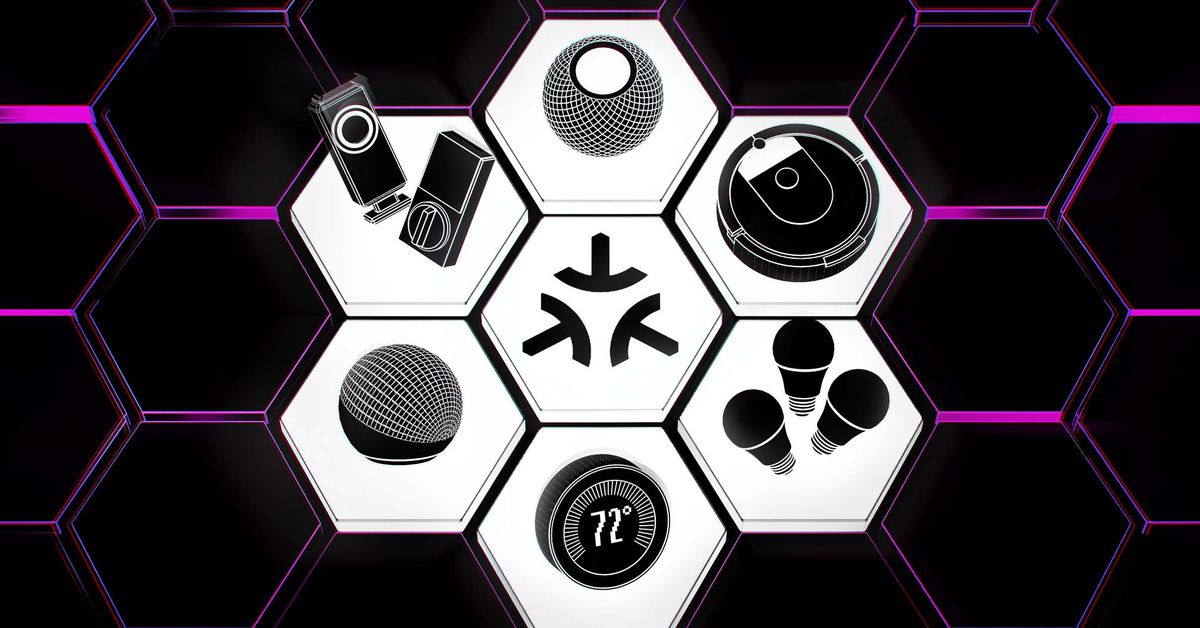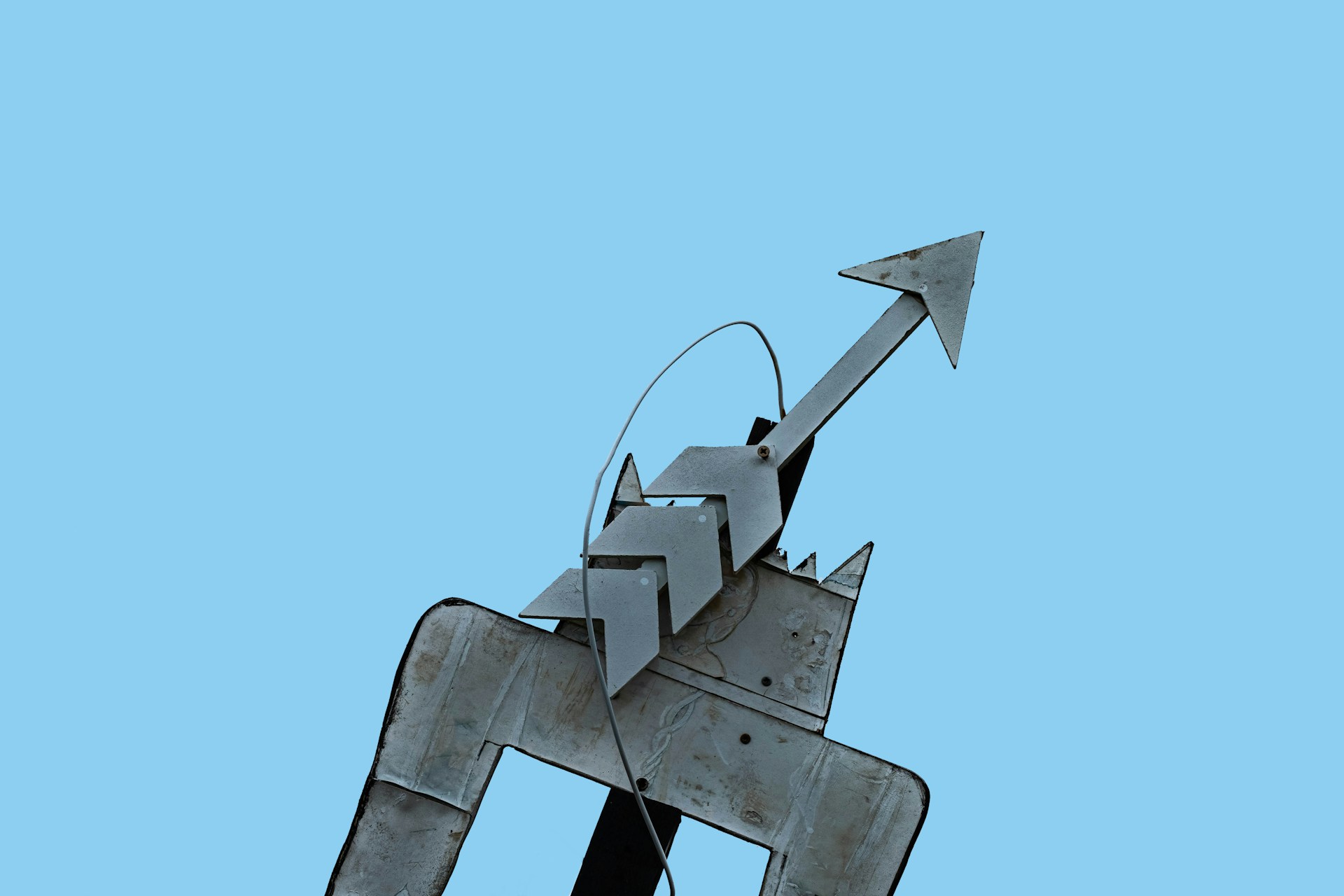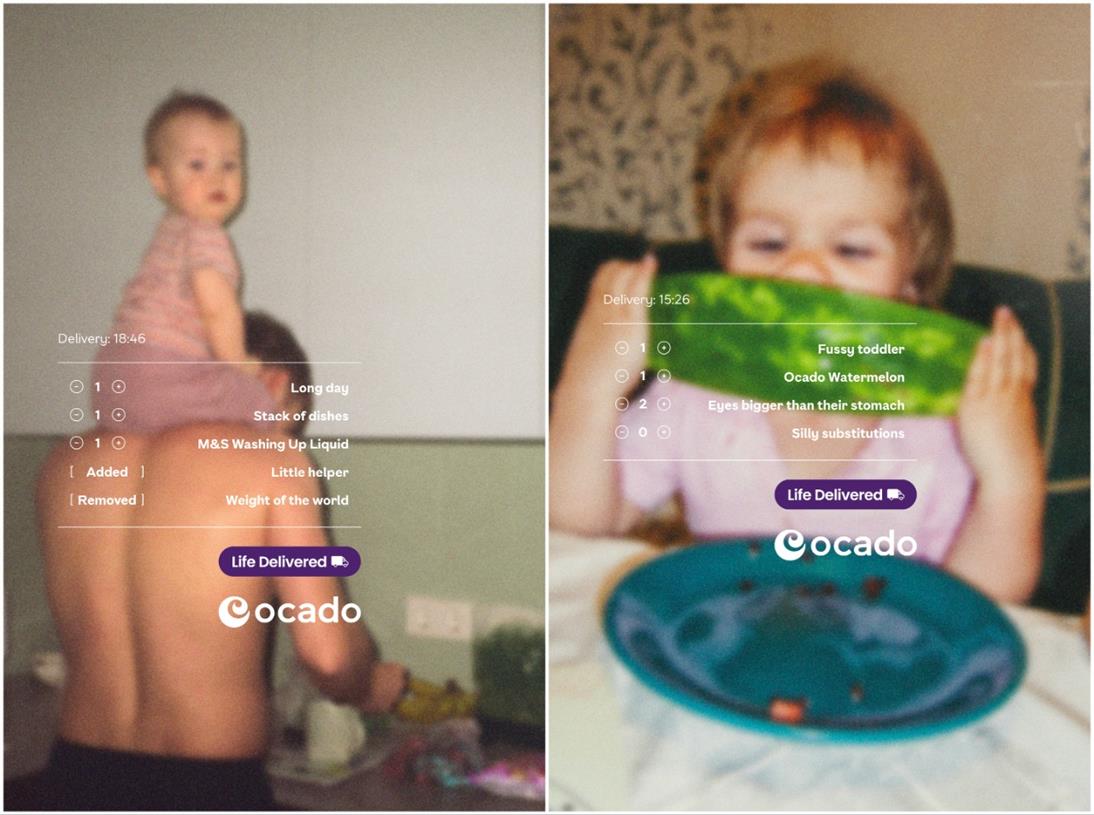Google is holding off on releasing its ChatGPT rival until it reaches a ‘high bar for safety’
Google wants you to know that its ChatGPT rival Bard exists, but it's not ready to roll out the feature until it reaches a high bar for safety.

Google provided more details on its upcoming Bard AI during a livestreamed event on Wednesday. Positioned as a competitor to the viral AI chatbot ChatGPT, Google Bard promises to integrate AI into search results — eventually, at least.
Google’s event was light on details for the new AI. The company demoed a chatbot version of Bard that showed a user asking for car buying advice, weighing the pros and cons of an electric vehicle, and planning a road trip with their new car. The AI, in a conversational way, provided answers in seconds.

It doesn’t look too revolutionary stacked up to Microsoft’s ChatGPT-powered Bing search engine and Edge browser, which the tech giant unveiled just a day before Google’s event. Microsoft is offering a waitlist to access its new features now, as well as a preview with a limited number of search queries.
Google isn’t bowing to that pressure, saying that it will continue testing Bard until it reaches a “high bar for safety” within the company. Bard is now with trusted testers, and Google hasn’t announced a timeline for when it will be rolled out to the general public.
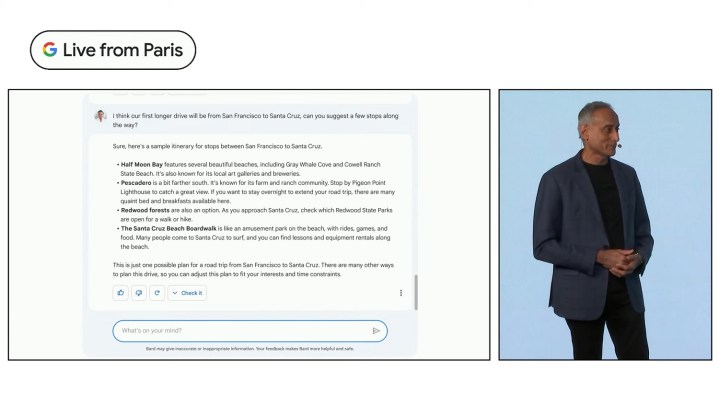
In addition to the chatbot functionality, Google showed that it will integrate Bard into search results. The AI will compile information from the results page and craft a summary. In stark contrast to Microsoft’s take on this form of generative AI, Google’s demo showed that the AI wouldn’t have citations linking out to the original sources of the information it gathered.
Google also revealed that Bard carries a warning: “Bard may give inaccurate or inappropriate information. Your feedback makes Bard more helpful and safe.”
Although the AI can be leveraged in search results, it doesn’t seem like Google will apply it across its search engine. It pointed particularly to NORA (No One Right Answer) questions where the AI can be useful to distill complex information.
As an example, Google asked the AI what the best constellation was. Without a definitive answer, the AI was able to gather information from multiple sources to compile a list of popular constellations. Google said you can go further, too, digging deeper into a particular constellation, the best time to see it, and where you can find it.
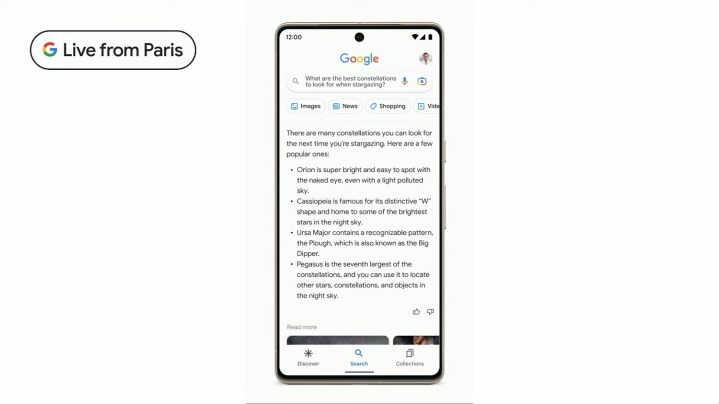
Although Bard is the focal point of Google’s AI advancements, the company spent the majority of its livestream focusing on its integration of AI into other aspects of the company.
It demoed the Google Arts and Culture Center’s use of AI to restore lost artifacts and archive works of art, Google Map’s use of AI to generate digital models of buildings and roads, and multi-search features where you can combine an image and text query.

Today's tech news, curated and condensed for your inbox
Check your inbox!
Please provide a valid email address to continue.
This email address is currently on file. If you are not receiving newsletters, please check your spam folder.
Sorry, an error occurred during subscription. Please try again later.

 Lynk
Lynk 









